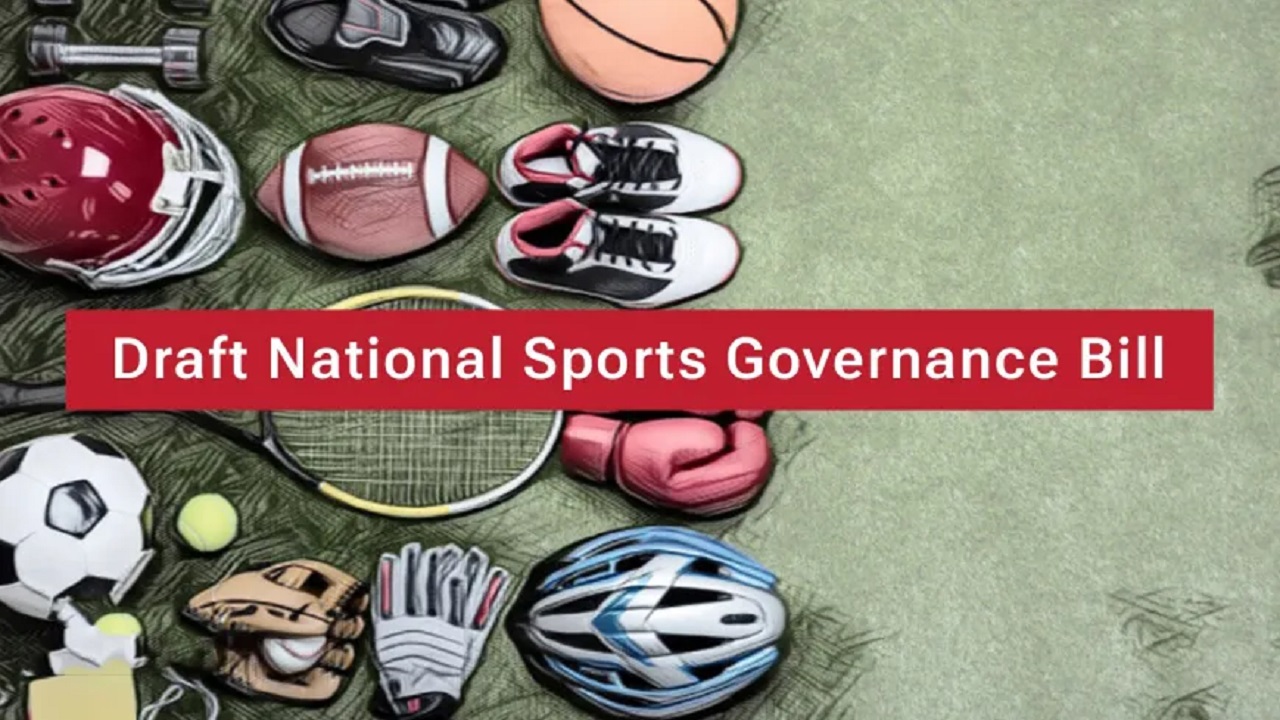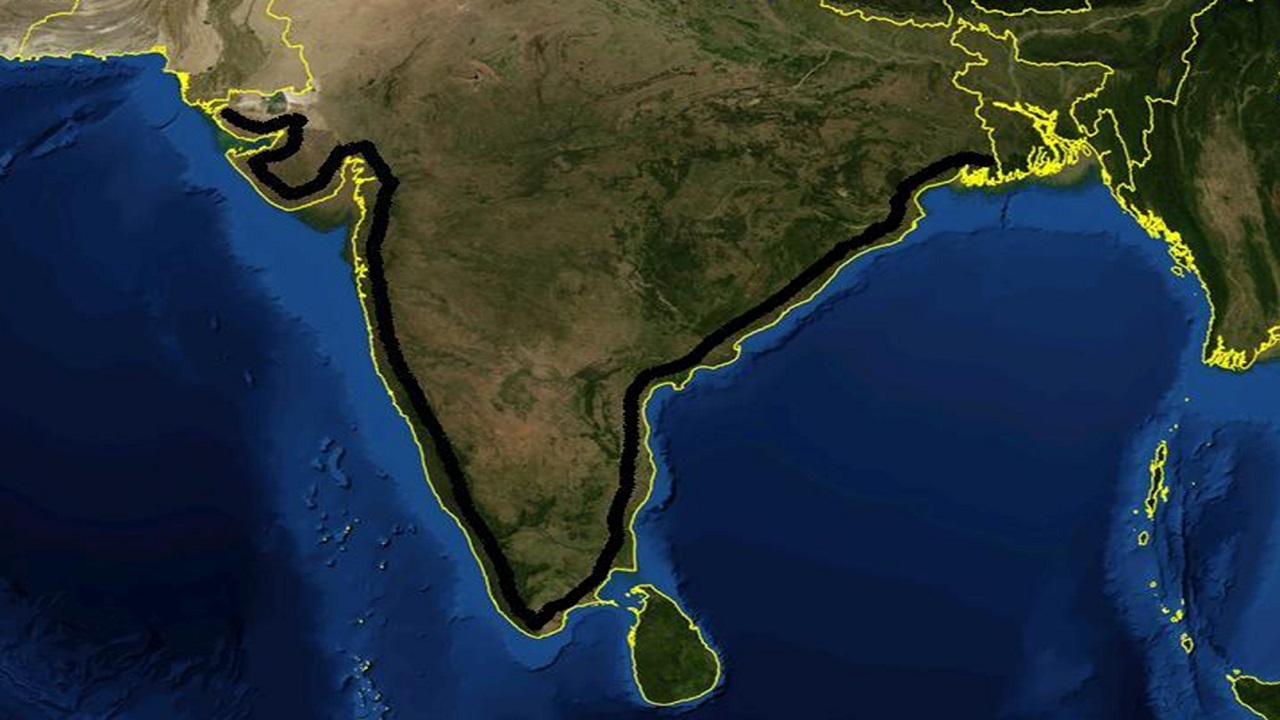Road to 2036 Olympics : Historic Sports Governance and Anti-Doping Reforms
Context
India’s sports governance has long faced challenges such as political interference, lack of transparency, weak institutional frameworks, and insufficient compliance with global sporting norms. Multiple reform attempts since 1975 failed due to political and administrative hurdles. As India prepares to bid for the 2036 Summer Olympics, strengthening sports administration and anti-doping measures has become a strategic necessity.
Introduction
The Lok Sabha has passed two landmark legislations — the National Sports Governance Bill 2025 and the National Anti-Doping (Amendment) Bill 2025 — marking a comprehensive overhaul of the sports administration and anti-doping system. Union Sports Minister Mansukh Mandaviya described these as the “single biggest sports reform since independence”, aimed at building a transparent, accountable, and high-performance sports ecosystem.
National Sports Governance Bill 2025
-
Establishes new sports bodies, including the National Olympic Committee, National Paralympic Committee, and National and Regional Sports Federations for designated sports.
-
Creates the National Sports Board (NSB) to grant recognition to sports bodies, register affiliated units, and monitor compliance, with powers to de-recognise federations for unfair elections, fund mismanagement, or serious irregularities.
-
Sets up the National Sports Tribunal with civil court powers to resolve disputes related to selection, elections, or governance of federations; its decisions can only be challenged in the Supreme Court.
-
Introduces accountability measures, bringing all recognised sports bodies receiving government funds under the RTI Act, except entities like the BCCI unless substantially government-funded.
-
Relaxes the leadership age limit, allowing administrators aged 70–75 years to contest elections if permitted by their international federations.
National Anti-Doping (Amendment) Bill 2025
-
Grants operational independence to the National Anti-Doping Agency (NADA), addressing concerns of the World Anti-Doping Agency (WADA) over autonomy.
-
Retains the National Anti-Doping Board, but removes its authority to influence NADA operations.
-
Aligns India’s anti-doping framework with the WADA Code and the UNESCO Convention, ensuring athlete rights, fair play, and global compliance.
Significance
-
Aligns India’s sports administration with the Olympic Charter and international best practices, strengthening its 2036 Olympics bid.
-
Closes a reform gap that persisted for nearly five decades.
-
Promotes gender inclusion through increased representation of women in sports bodies and leadership roles.
-
Enhances India’s ability to improve performance in international competitions by ensuring transparency and reducing political influence.
Conclusion
The passage of these Bills represents a historic turning point in India’s sports policy, addressing structural weaknesses while aligning with global governance and anti-doping standards. Successful implementation will depend on effective enforcement, institutional autonomy, and sustained investment in athlete development, which together can transform India into a competitive global sporting nation.




Comments (0)